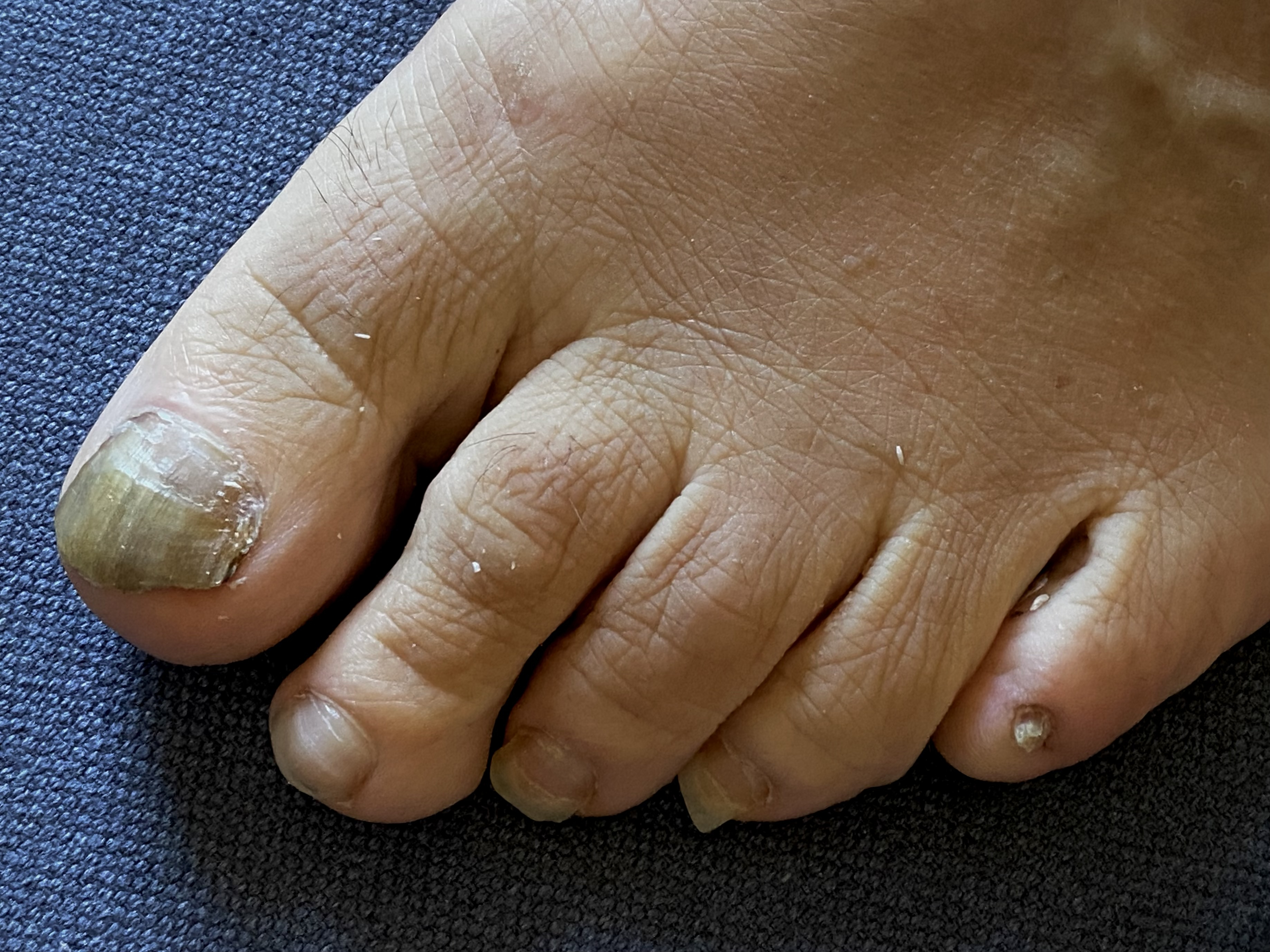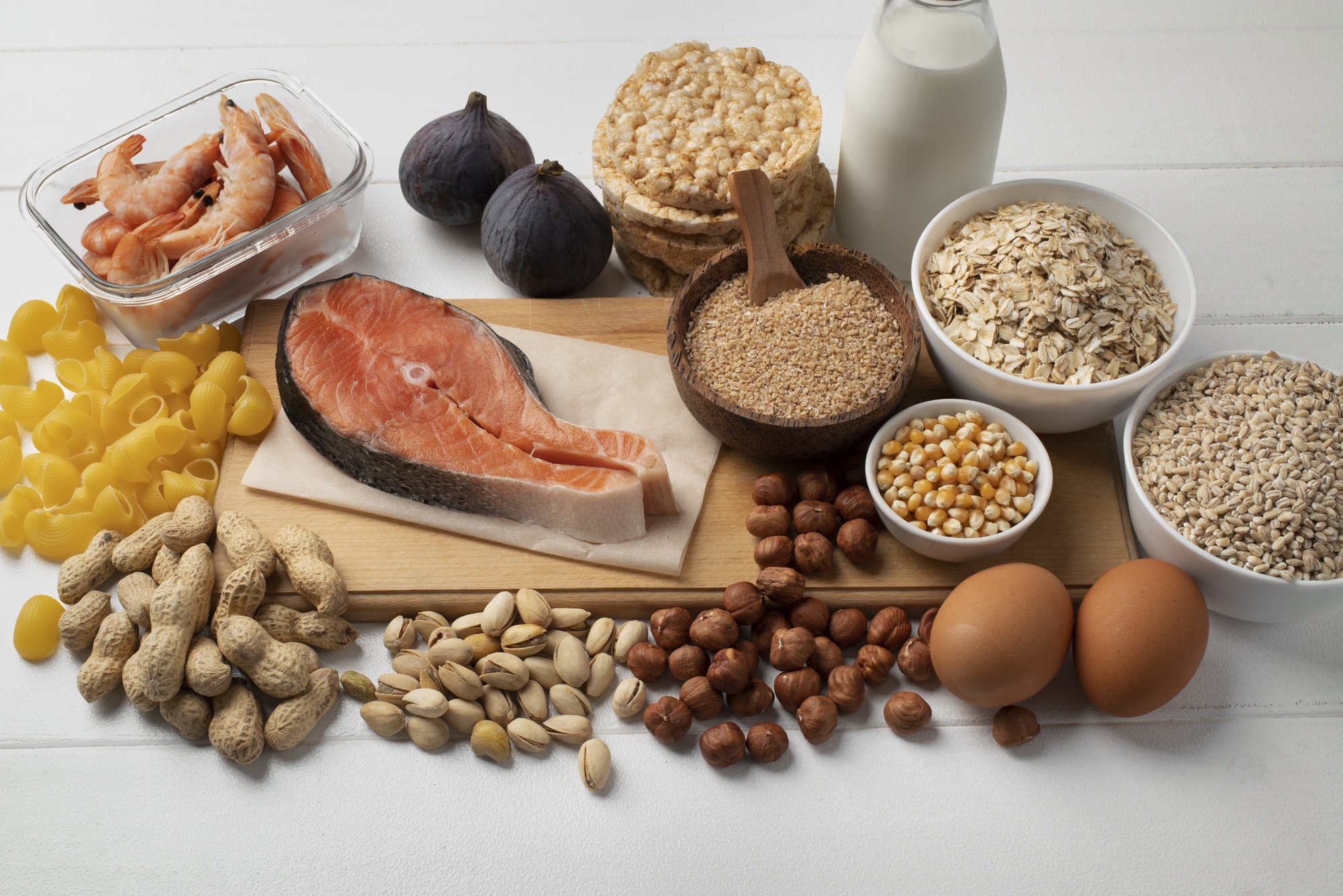Iron is a vital mineral that plays a key role in various bodily functions, including the production of hemoglobin, a protein in red blood cells responsible for carrying oxygen throughout the body. When iron levels are low, it can lead to iron deficiency, which, if left untreated, may develop into anemia. The tricky part is that iron deficiency often sneaks up on you with symptoms that can easily be mistaken for other issues or dismissed altogether. ETV Bharat Health team got in touch with consultant physician Dr. Aamir Hussain to know more about the silent signs your body might be signaling that it needs more iron, and how you can balance the deficiency in your body.
Fatigue and weakness
Feeling tired or weak despite getting enough sleep is one of the most common and often overlooked symptoms of iron deficiency. Without adequate iron, your body struggles to produce enough healthy red blood cells, which means less oxygen is transported to your muscles and tissues. This lack of oxygen can leave you feeling drained and struggling to complete everyday tasks, even those that don’t typically tire you out.
Pale skin
A pale complexion is another hallmark sign of iron deficiency. "Hemoglobin gives blood its red color, and when levels are low, it can result in paler skin and mucous membranes, such as the inside of your lips or lower eyelids.," says Dr Hussain. This symptom can be especially noticeable in individuals with fair skin, but it can affect anyone and may also show up as dull or sallow-looking skin.

Shortness of breath
If you find yourself easily winded during activities that never used to be a challenge, low iron levels could be to blame. "Iron is essential for hemoglobin production, which carries oxygen to your cells. When oxygen delivery is compromised, your body compensates by increasing your breathing rate, leaving you feeling out of breath even after minimal exertion."
Brittle or spoon-shaped nails
Iron deficiency can affect the strength and appearance of your nails. "Brittle nails that crack or split easily, or nails that develop an unusual spoon-like shape (a condition known as koilonychia), could be a subtle indicator of low iron levels," explains the doctor. While this symptom is less common than others, Dr. Hussain says it is worth noting, especially if accompanied by other signs.
Frequent headaches and dizziness
Iron deficiency can lead to reduced oxygen delivery to the brain, resulting in frequent headaches or episodes of dizziness. This occurs because the blood vessels in your brain may swell in response to low oxygen levels, triggering pain. If you’re experiencing persistent headaches or a light-headed sensation, it’s worth considering whether your iron levels are adequate.

Cold hands and feet
Iron deficiency can impair circulation, leading to consistently cold hands and feet. This occurs because the body prioritises delivering oxygen-rich blood to vital organs, leaving extremities with reduced blood flow. If you’re often bundled up when others are comfortable, low iron might be the culprit.
Unusual cravings
A lesser-known symptom of iron deficiency is "pica, a condition characterized by cravings for non-nutritive substances like ice, clay, dirt, or paper." While the exact cause isn’t fully understood, it’s thought to be the body’s way of trying to compensate for missing nutrients. If you’re experiencing unusual cravings, consult a healthcare provider.
Restless leg syndrome
Restless leg syndrome (RLS), is an uncontrollable urge to move your legs, particularly at night. "It has been linked to iron deficiency. Though the exact connection is unclear, it’s believed that low iron levels may disrupt dopamine function, which plays a role in muscle movement," says Dr. Hussain.

Hair loss
Iron deficiency can lead to hair thinning or excessive shedding. Without enough iron, your hair follicles may not receive the oxygen they need to stay healthy, causing them to shift into a resting phase and fall out more easily. While occasional hair loss is normal, significant or persistent shedding could be a sign of an underlying issue like low iron.
Difficulty concentrating
Low iron levels can also affect your cognitive function. Iron is necessary for producing certain neurotransmitters, and a deficiency can lead to difficulty concentrating, memory lapses, and a general sense of "brain fog."
Here's how you can address Iron deficiency
If you recognise these symptoms in yourself, it’s important to consult a healthcare professional for a proper diagnosis. Dr. Hussain recommends a simple blood test that can determine your iron levels, and treatment options may include "dietary changes, iron supplements, or addressing underlying conditions that might be contributing to the deficiency."
Iron-rich foods to incorporate into your diet

To maintain healthy iron levels, consider incorporating these iron-rich foods into your diet:
- Red meat, poultry, and fish
- Leafy green vegetables like spinach and kale
- Legumes such as lentils and chickpeas
- Fortified cereals and grains
- Nuts and seeds
- Dried fruits like apricots and raisins
Read More:



